Quiz Flowers
Last Updated:
Passionate about flowers and nature? Discover our quizzes specially designed to test your knowledge of different flower species, their characteristics, symbolism and place in the art of gardening and botany.
Our flower quizzes are a fun and educational way to immerse yourself in the fascinating world of flowers. Thanks to a varied selection of questions on emblematic flowers, gardening techniques, botany and symbols associated with flowers, you can assess and deepen your knowledge of this natural domain.
Can you tell the difference between roses, lilies and sunflowers? Can you distinguish flower species according to their botanical family? Can you identify maintenance techniques for perennials, annuals and flower arrangements?
Our flower quizzes are designed to help you answer these questions while developing your expertise in the world of flowers.
By exploring our flower quizzes, you’ll discover new species, botanical anecdotes and enrich your knowledge of the history of flowers and their cultural significance around the world.
Flower quizzes are an interactive and entertaining way to strengthen your gardening skills and immerse yourself in plant diversity. Whether you’re a nature enthusiast or simply curious, come and test your knowledge and learn more with our flower quizzes.
Test your knowledge now and immerse yourself in the wonderful world of flowers!
Test your knowledge of flowers with our quizzes. Whether you’re a botanical novice or expert, our quizzes will challenge you at your own level.
Compare yourself with other nature lovers and find out where you stand in the world of flowers. Each question will enrich your floral knowledge and deepen your botanical culture.
Our flower quizzes are not simple knowledge tests, but interactive learning tools. Each question is accompanied by detailed explanations and interesting facts about flower species, gardening techniques and symbolism.
By answering the questions, you’ll enrich your botanical culture and develop a better understanding of flowers and their care. Use our quizzes to discover new species, explore different gardening techniques and strengthen your botanical skills.
nature
/ 10
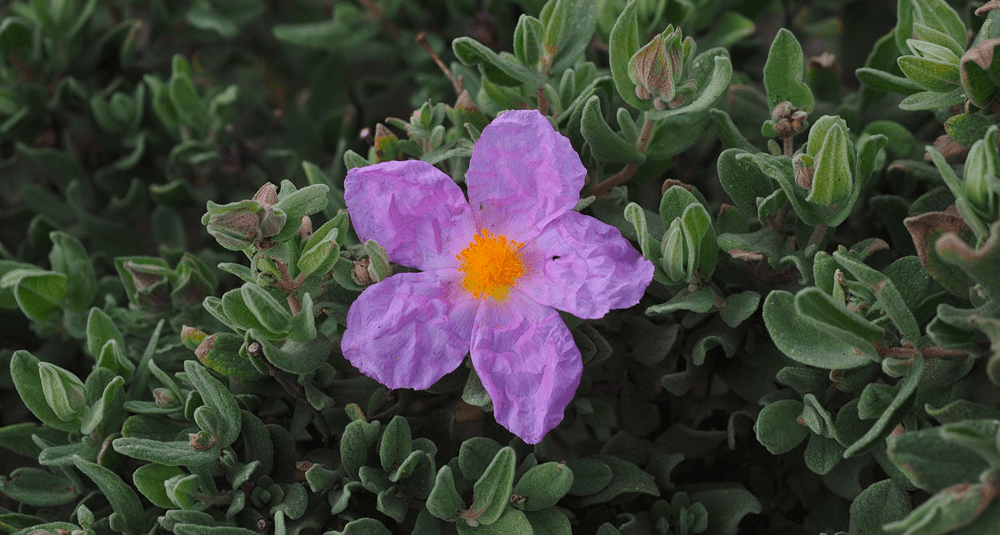
What is the flowering period of cistus?
1April-June
2September-October

🙌 Good answer
Cistus generally flower in spring, between April and June, in the Mediterranean regions where they are mainly found.
Next question

😞 Wrong answer
Cistus generally flower in spring, between April and June, in the Mediterranean regions where they are mainly found.
Next question
nature
/ 10
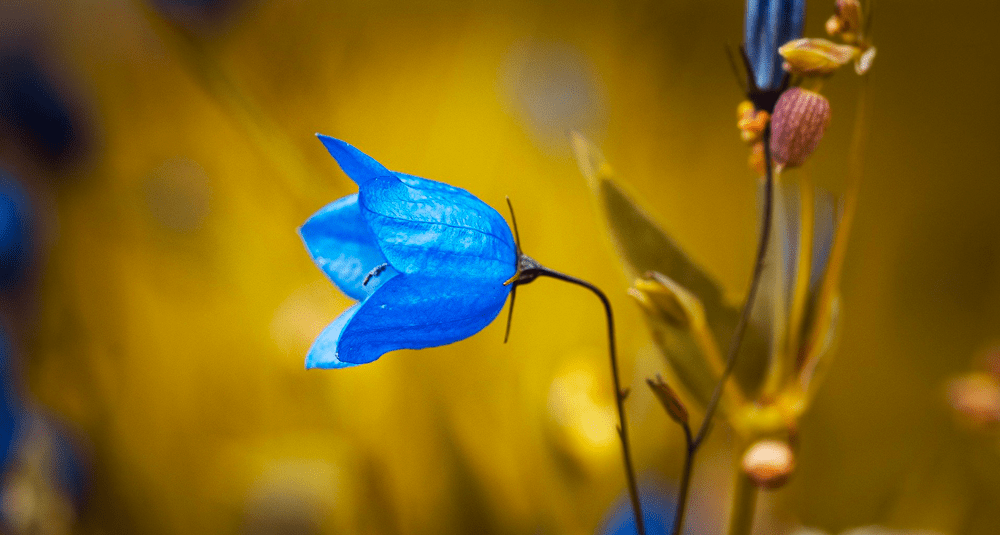
How do bellflowers reproduce?
2Hermaphroditism
1Gonochorism

🙌 Good answer
Bellflowers are perennial or biennial herbaceous plants of the family Campanulaceae. Their flowers, blue, purple or white, are hermaphroditic.
Next question

😞 Wrong answer
Bellflowers are perennial or biennial herbaceous plants of the family Campanulaceae. Their flowers, blue, purple or white, are hermaphroditic.
Next question
nature
/ 10
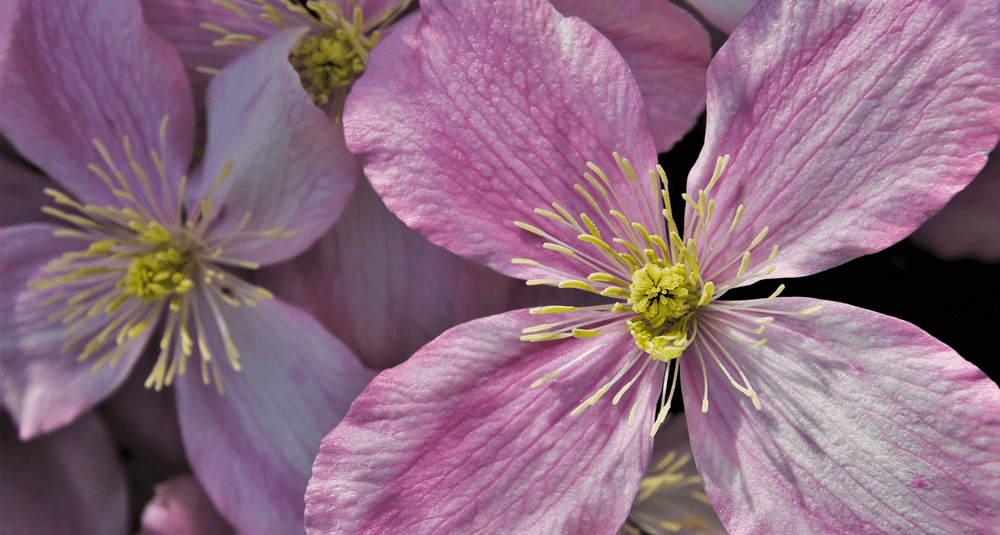
Are clematis climbing plants?
1Yes
2No

🙌 Good answer
Yes, clematis are climbing plants. They use their flexible stems and tendrils to cling to supports and climb.
Next question

😞 Wrong answer
Yes, clematis are climbing plants. They use their flexible stems and tendrils to cling to supports and climb.
Next question
nature
/ 10
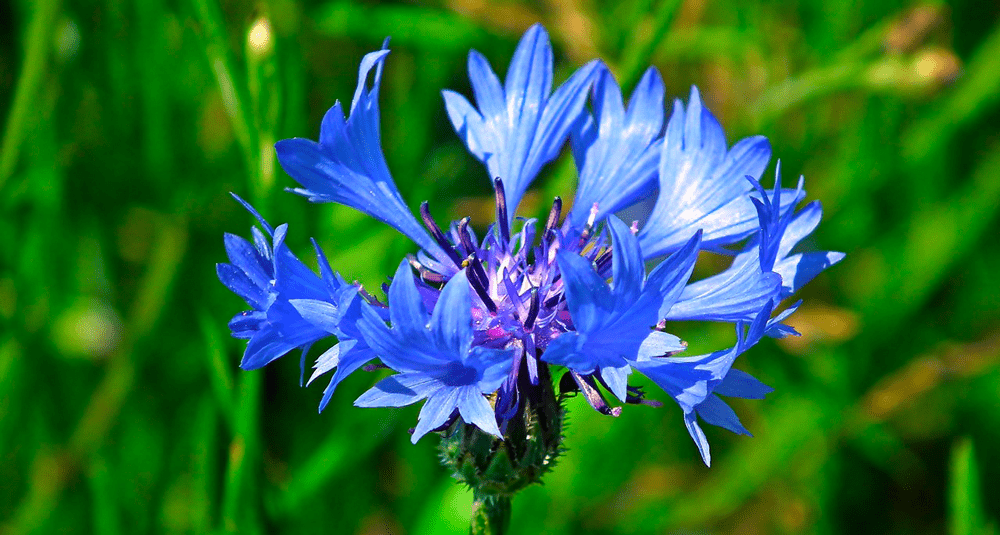
Why is the cornflower also called the glasses breaker?
1Its medicinal use
2Its culinary use

🙌 Good answer
Cornflowers are known as glasses breaker because of their medicinal properties. In the past, its flowers were thought to improve vision, hence its nickname.
Next question

😞 Wrong answer
Cornflowers are known as glasses breaker because of their medicinal properties. In the past, its flowers were thought to improve vision, hence its nickname.
Next question
nature
/ 10
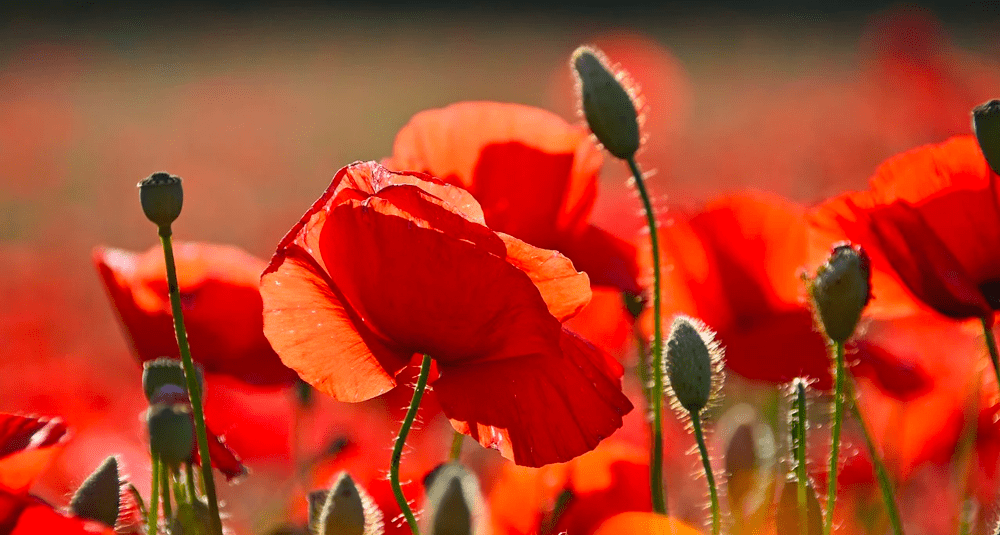
What is the scientific name of the poppy?
2Papaver rhoeas
1Centaurea cyanus

🙌 Good answer
The scientific name for the poppy is Papaver rhoeas. This bright red flower is often associated with fields and symbolizes the memory of soldiers.
Next question

😞 Wrong answer
The scientific name for the poppy is Papaver rhoeas. This bright red flower is often associated with fields and symbolizes the memory of soldiers.
Next question
nature
/ 10
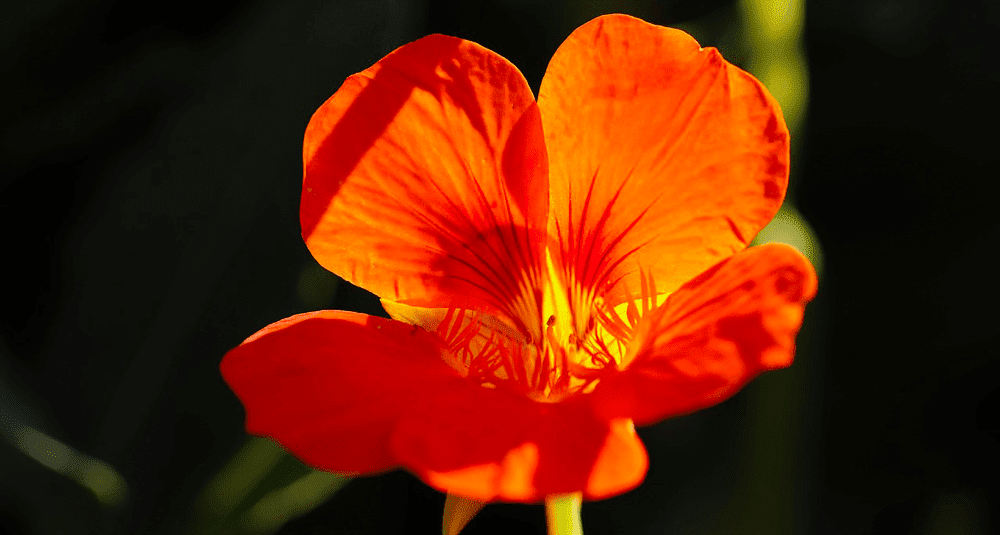
From which continent do nasturtiums originate?
2America
1Asia

🙌 Good answer
Nasturtiums are native to South America. These ornamental and edible plants are particularly appreciated for their colorful flowers and slightly peppery taste.
Next question

😞 Wrong answer
Nasturtiums are native to South America. These ornamental and edible plants are particularly appreciated for their colorful flowers and slightly peppery taste.
Next question
nature
/ 10
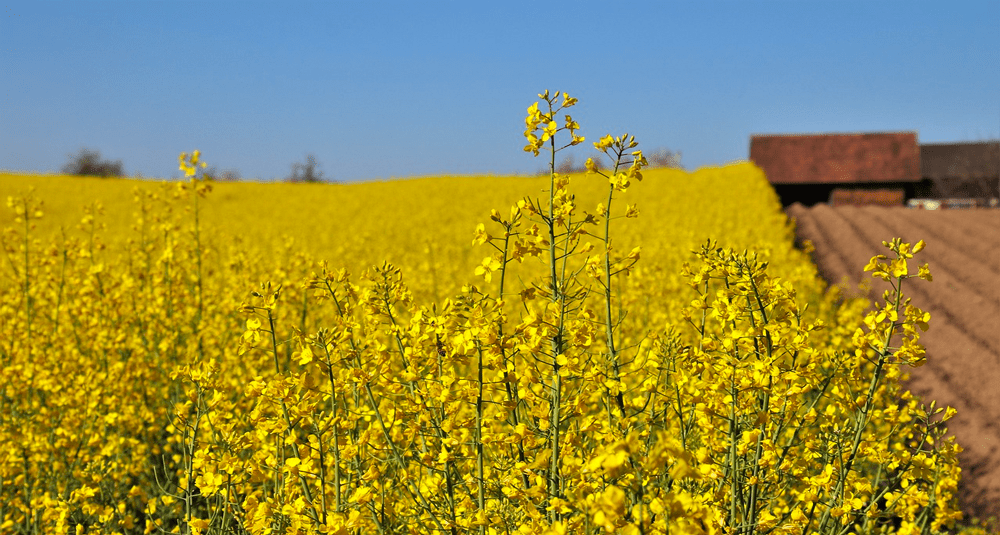
What cross-breed does rapeseed come from?
2Cabbage and brassica rapa
1Beets and sorghum

🙌 Good answer
Rapeseed is a natural cross between cabbage and turnip. These two plants from the Brassicaceae family have given rise to this versatile crop.
Next question

😞 Wrong answer
Rapeseed is a natural cross between cabbage and turnip. These two plants from the Brassicaceae family have given rise to this versatile crop.
Next question
nature
/ 10
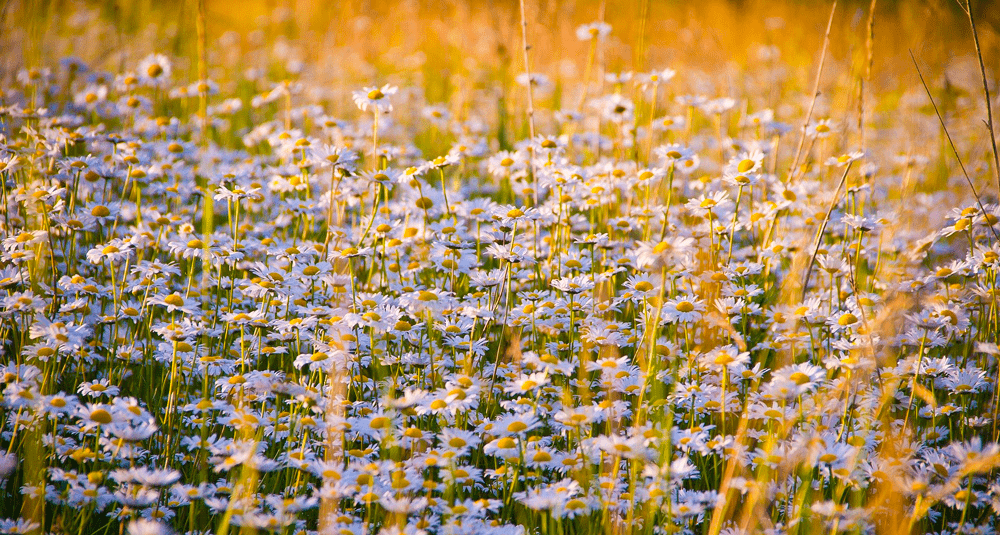
What is the scientific name for chamomile today?
1Matricaria chamomilla
2Filipendula ulmaria

🙌 Good answer
Chamomile's current scientific name is Matricaria chamomilla. This plant is widely used for its medicinal and soothing properties.
Next question

😞 Wrong answer
Chamomile's current scientific name is Matricaria chamomilla. This plant is widely used for its medicinal and soothing properties.
Next question
nature
/ 10
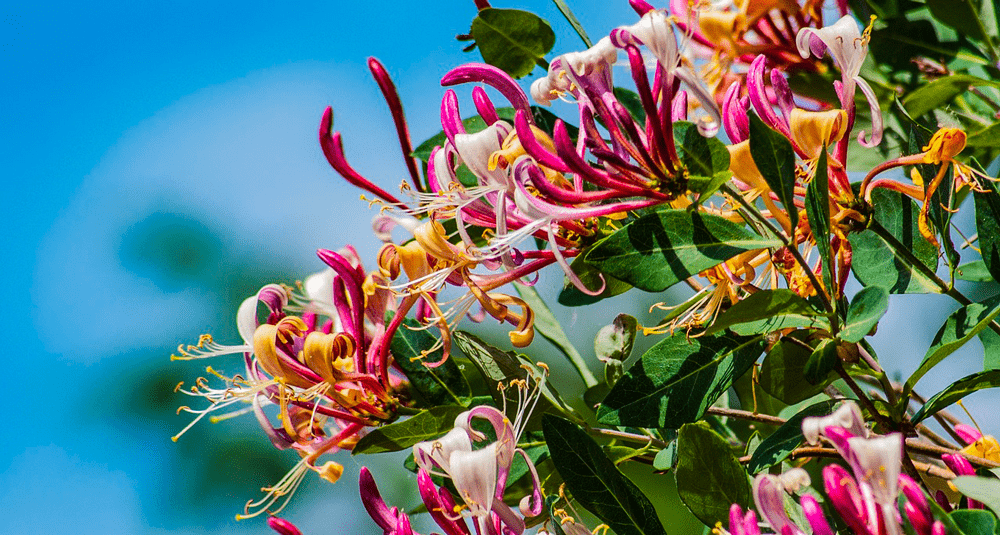
Under what name is the genus lonicera also known?
2Honeysuckle
1Buttercup

🙌 Good answer
The Lonicera genus is also known as honeysuckle. These climbing or shrubby plants are prized for their fragrant flowers.
Next question

😞 Wrong answer
The Lonicera genus is also known as honeysuckle. These climbing or shrubby plants are prized for their fragrant flowers.
Next question


